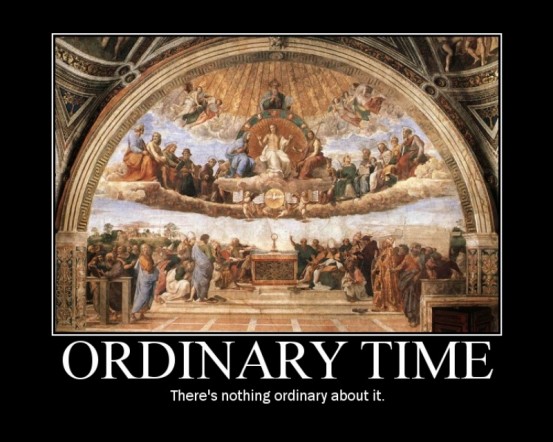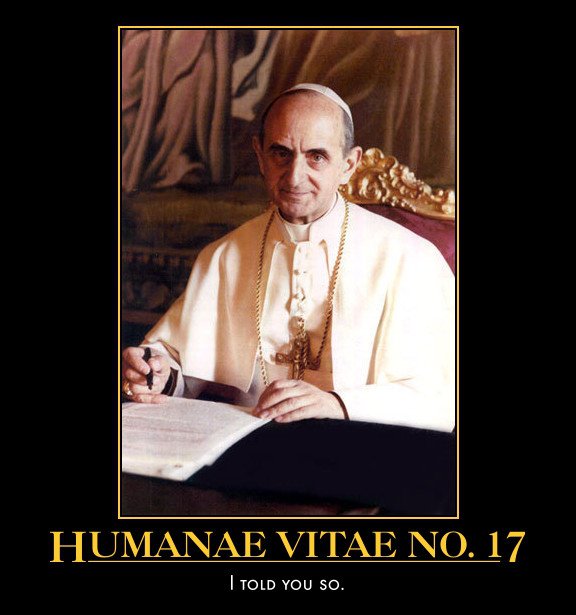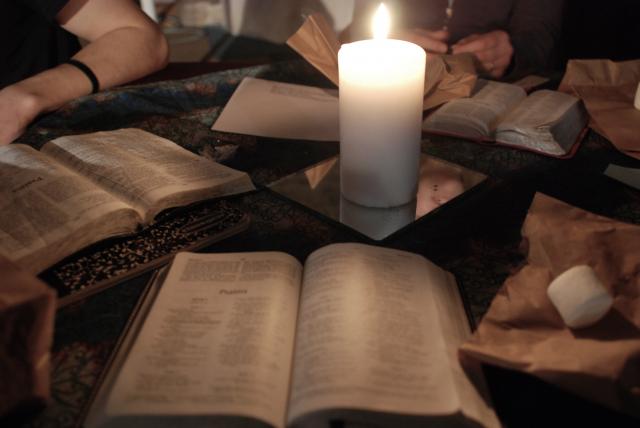Blessed are you, Lord God,
Father all-holy,
for your boundless love
The tree, once the source of shame
and death for humankind,
has become the cross
of our redemption and life.
When his hour had come to
return to you in glory,
the Lord Jesus,
Our King, our Priest, and our Teacher,
freely mounted the scaffold of the cross
and made it his royal throne,
his altar of sacrifice, his pulpit of truth.
On the cross,
lifted above the earth,
he triumphed over our age-old enemy.
Cloaked in his own blood,
he drew all things to himself.
On the cross,
he opened out his arms
and offered you his life;
the sacrifice of the New Law
that gives to the sacraments
their saving power.
On the cross,
he proved what he had prophesied:
the grain of wheat must die
to bring forth an abundant harvest.
Father,
we honour this cross as the sign
of our redemption.
May we reap the harvest of salvation
planted in pain by Christ Jesus.
May our sins be nailed to his cross,
the power of life released,
pride conquered,
and weakness turned to strength.
May the cross be our comfort in trouble,
our refuge in the face of danger,
our safeguard on life’s journey
until you welcome us to
our heavenly home.
Grant this through Christ our Lord. Amen.
















